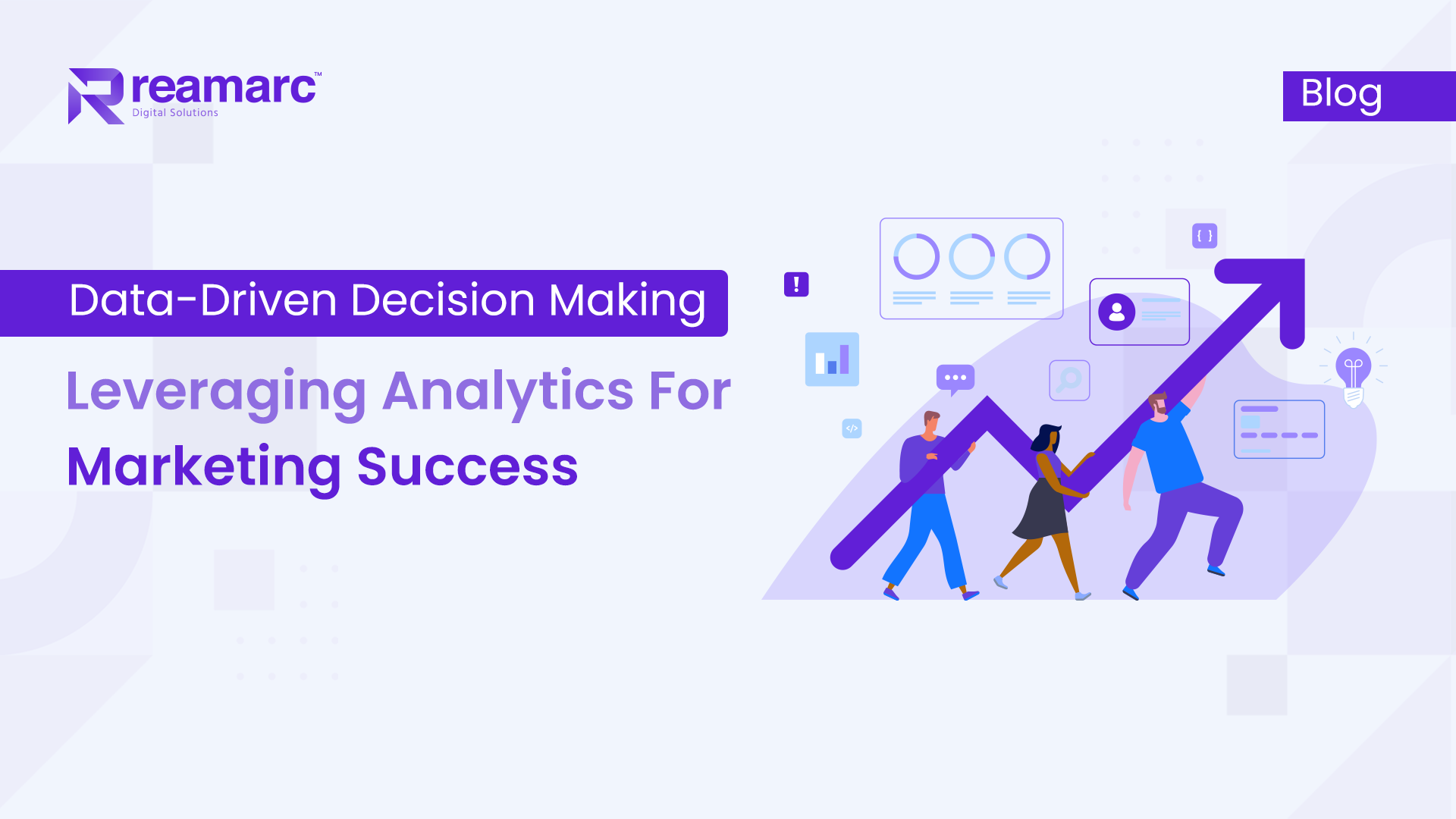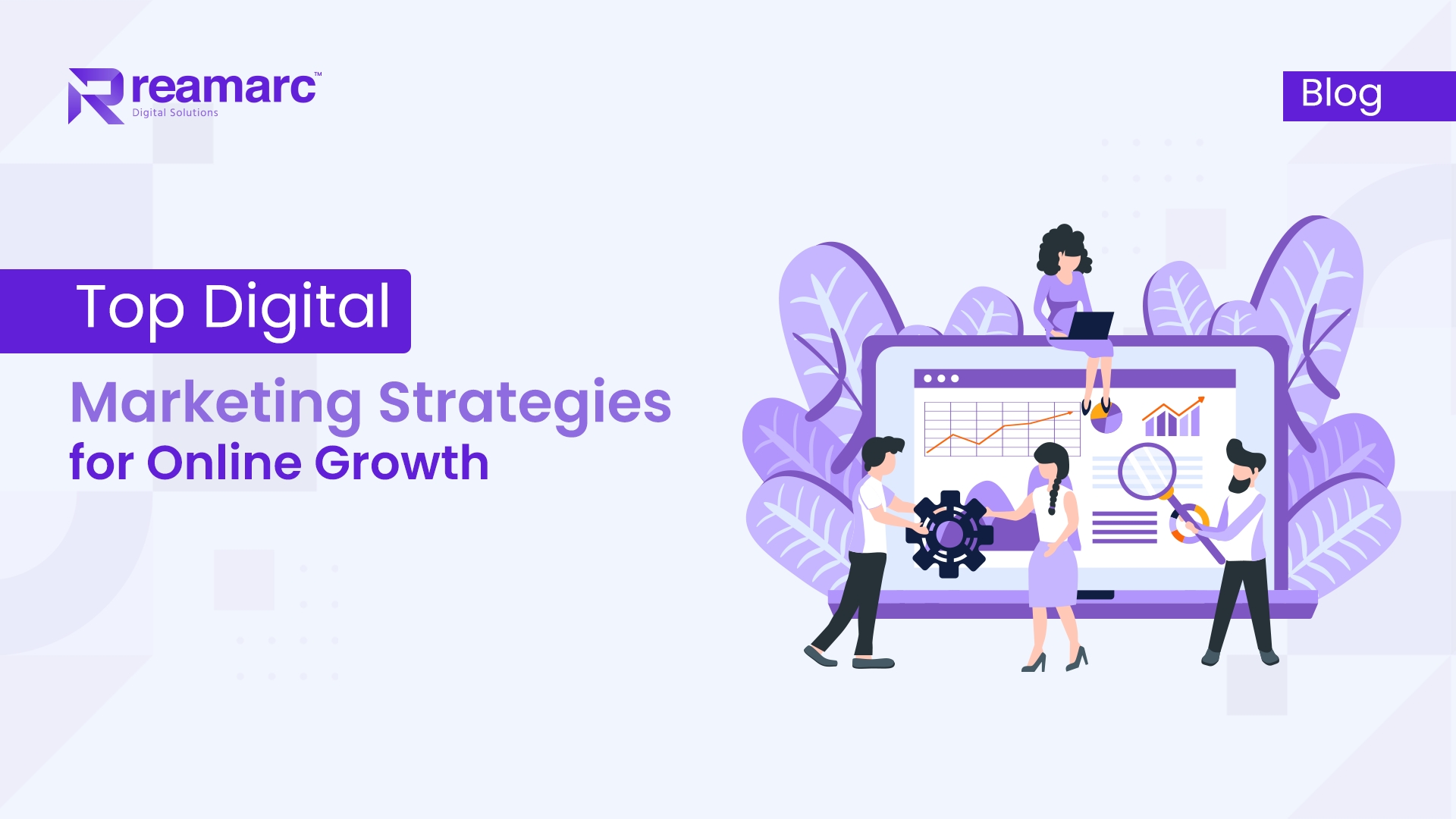Introduction
In the continually changing and highly competitive environment of contemporary business, firms are always looking for a leg up on their opponents. Data-driven decision-making is one of their most powerful weapons in this battle, especially where marketing strategy decisions are concerned.
This age of information overloads businesses that use this power to make strategic marketing decisions. Let’s delve into the realm of information-based management and how data can open up marketing opportunities.
Data Analysis in Marketing Has Power.
As firms begin to use advanced analytics tools and methods, the abundance of data available to them can deliver insights into consumer behavior, market conditions, and marketing campaign effectiveness. Data-driven decision-making is the practice of using relevant data to guide strategic choices.
Given in marketing research, this approach allows companies to gain a better appreciation of their target consumer audience and tailor messages accordingly.
Understanding Consumer Behaviour through Analytics
By tracking and analyzing online and offline interactions, businesses can create comprehensive customer profiles, identifying patterns and trends that inform marketing strategies.
For example, e-commerce businesses can utilize analytics to track user journeys on their websites, identifying popular products, click-through rates, and areas of drop-off.
This information can then be used to optimize website design, product placement, and promotional strategies to enhance the overall customer experience and increase conversions.
Optimizing Marketing Campaigns for Maximum Impact
The ability to measure the performance campaigns in real time is an essential aspect of data-driven decision-making in marketing. Analytics tools allow businesses to track key performance indicators (KPIs) such as conversion rates, click-through rates, and return on investment (ROI).
By monitoring these metrics, marketers can quickly identify which campaigns are driving results and which may need adjustments. This iterative process of optimization ensures that marketing resources are allocated efficiently, leading to a higher return on investment.
Personalization
Personalization has become a cornerstone of successful marketing strategies. And data-driven decision-making is the driving force behind it. Analytics enables businesses to segment their audience based on various criteria, such as demographics, behavior, and preferences.
Through personalized marketing campaigns, businesses can deliver targeted content and offers to specific audience segments, increasing the relevance of their messages. This not only enhances the customer experience but also fosters stronger brand loyalty and engagement.
Challenges and Ethical Considerations in Data-Driven Marketing
While everything points to data and information analysis becoming streams in marketing. This also aims at tackling the issues of market consumers’ rights. To restore audience trust businesses have to protect data, follow laws on privacy, and clear significant steps in the process of handling such information.
FAQs
-
Why is data-driven decision-making considered crucial in the modern business landscape?
Data-driven decision-making is crucial because it allows businesses to gain a competitive edge by leveraging insights from analytics tools, enabling informed and strategic choices in an ever-evolving market.
-
How does data-driven decision-making transform traditional marketing approaches?
Data-driven decision-making transforms marketing by replacing intuition with insights derived from comprehensive data analysis, empowering businesses to understand consumer behavior, trends, and campaign performance.
-
What role does analytics play in understanding and decoding consumer behavior?
Analytics plays a pivotal role in decoding consumer behavior by tracking and analyzing online and offline interactions. It helps businesses create detailed customer profiles, and tailor marketing efforts to meet the unique needs and preferences of their audience.
-
How does data-driven decision-making contribute to optimizing marketing campaigns?
Data-driven decision-making optimizes marketing campaigns by providing real-time insights through analytics tools, allowing businesses to monitor key performance indicators (KPIs) and make necessary adjustments for efficient resource allocation and higher return on investment.
-
Why is personalization considered a cornerstone of successful marketing, and how does data-driven decision-making support it?
Personalization is essential for successful marketing, and data-driven decision-making supports it by enabling businesses to segment their audience based on demographics, behavior, and preferences, facilitating the delivery of targeted content and offers that increase relevance and foster brand loyalty.
Conclusion
In the ever-evolving landscape of marketing, data-driven decision-making is not just a trend but a necessity. Businesses that leverage analytics to inform their marketing strategies are better equipped to adapt to changing consumer behaviors. Stay ahead of competitors, and achieve sustainable growth.
As technology continues to advance, the role of data in marketing will only become more significant. Embracing a data-driven mindset and investing in the right analytics tools can propel businesses toward marketing success. Enabling them to make informed decisions that resonate with their audience and drive tangible results.





